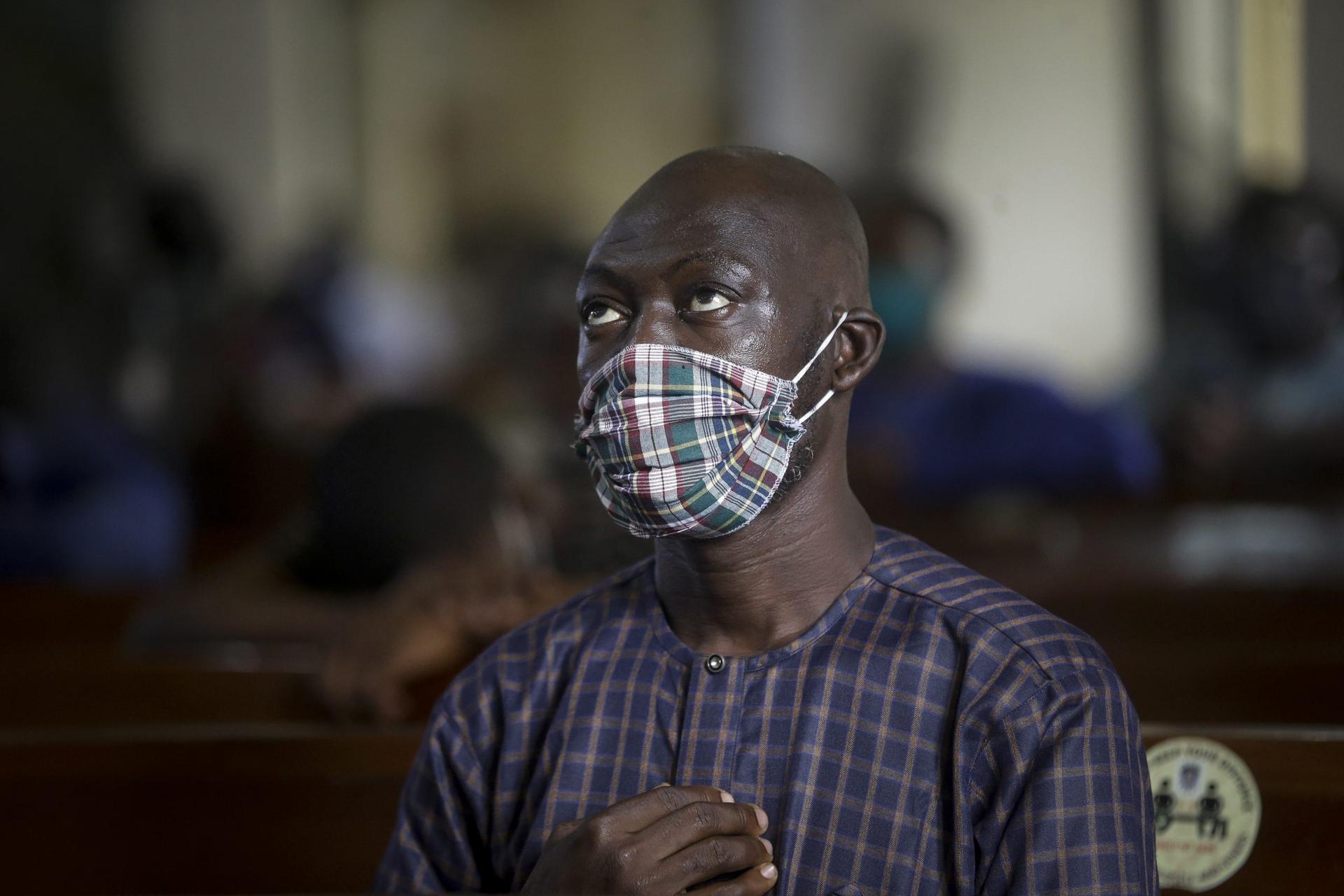ROME – African bishops have responded to Pope Francis’s new encyclical on human fraternity insisting that “brotherhood” is the remedy to the global challenges posed by the COVID-19 coronavirus and calling for the document’s rapid implementation.
In an Oct. 6 statement, Cardinal Philippe Ouédraogo of Ouagadougou, Burkina Faso, president of the Symposium of Episcopal Conferences of Africa and Madagascar (SECAM), thanked Pope Francis for his encyclical Fratelli Tutti, published Oct. 4, saying it urges people everywhere toward a “renewed commitment to universal brotherhood, friendship, solidarity and peaceful co-existence.”
“In view of the current corona virus pandemic, which has established that no one can face life in isolation; that we are a single human family and true brothers and sisters of the one Father, God, the call invites for swift response,” Ouédraogo said.
Ouédraogo reiterated Pope Francis’s call in the document to intensify efforts toward fostering “true brotherhood, solidarity, dialogue, mutual acceptance, trust and support,” which he said are “crucial values for our current world visibly divided along cultural, religious, social, political and ideological lines or principles.”
“Genuine brotherhood,” he said, “is an appropriate response to the challenges posed by Covid-19.”
Ouédraogo, 75, tested positive for the coronavirus in March and was sent to a clinic for treatment. After his recovery, he appealed for bilateral and multilateral aid agencies to offer greater solidarity with Africa, which he said lacks the resources and health and safety kits to fight the pandemic.
He echoed Pope Francis’s call for debt relief for impoverished African countries, allowing their economies to recover, and asking for sufficient aid to be given to ensure proper healthcare.
In addition to their coronavirus woes, many African countries have also faced crisis related to either war and armed conflict, or extremist violence.
In the encyclical, Pope Francis quoted a 2018 text from the Catholic Bishops of the Congo on recurring conflict, saying, “Peace agreements on paper will not be enough” to put them to an end. Rather, “We will have to go further, by respecting the demands of truth regarding the origins of this recurring crisis. The people have the right to know what happened.”
Francis also refers to the South African bishops’ 1986 Pastoral Letter on Christian Hope in the Current Crisis, which states that reconciliation is achieved proactively “by forming a new society, a society based on service to others, rather than the desire to dominate; a society based on sharing what one has with others, rather than the selfish scramble by each for as much wealth as possible.”
In his statement on the pope’s new encyclical, Ouédraogo noted that the call for solidarity and common brotherhood was called for by John Paul II in his 2001 apostolic letter Novo millennio inuente, in which John Paul insisted that “It is building the communion of love that the Church appears as ‘sacrament’; as the sign and instrument of intimate union with God and of the unity of the human race.”
“The time has come,” he said, “to break totally with personal interests and cultural barriers, fixed ideological beliefs, religious persecution and radicalized religion; to end terrorism everywhere in the world, and to work assiduously for religious freedom.”
“There are too many people left half-dead in many corners of the globe,” Ouédraogo said, insisting that “the time has come to emulate the radiant example of the Good Samaritan.”
For Africa and Madagascar, he said, the new encyclical is yet another reminder of “the need to intensify efforts towards building up the Church as family.”
This, he added, means avoiding tendencies such as “ethnocentrism and excessive particularism, trying instead to encourage reconciliation and true communion between different ethnic groups, favoring solidarity and the sharing of personnel and resources among the particular Churches, without undue ethnic considerations.”
Real brotherhood or friendship will be realized, Ouédraogo said, “not simply by words, but by selfless deeds and noble conduct on the part of all human beings; by responsible leadership, within and outside the Church, leadership that serves the common good and places the dignity and welfare of every human being at the center.”
Ouédraogo closed his message calling on all people throughout Africa and surrounding islands, particularly Christians, to not only study Fratelli Tutti, but to “respond to it positively in family, cultural, religious, political, social and business circles.”
Follow Elise Ann Allen on Twitter: @eliseannallen
















